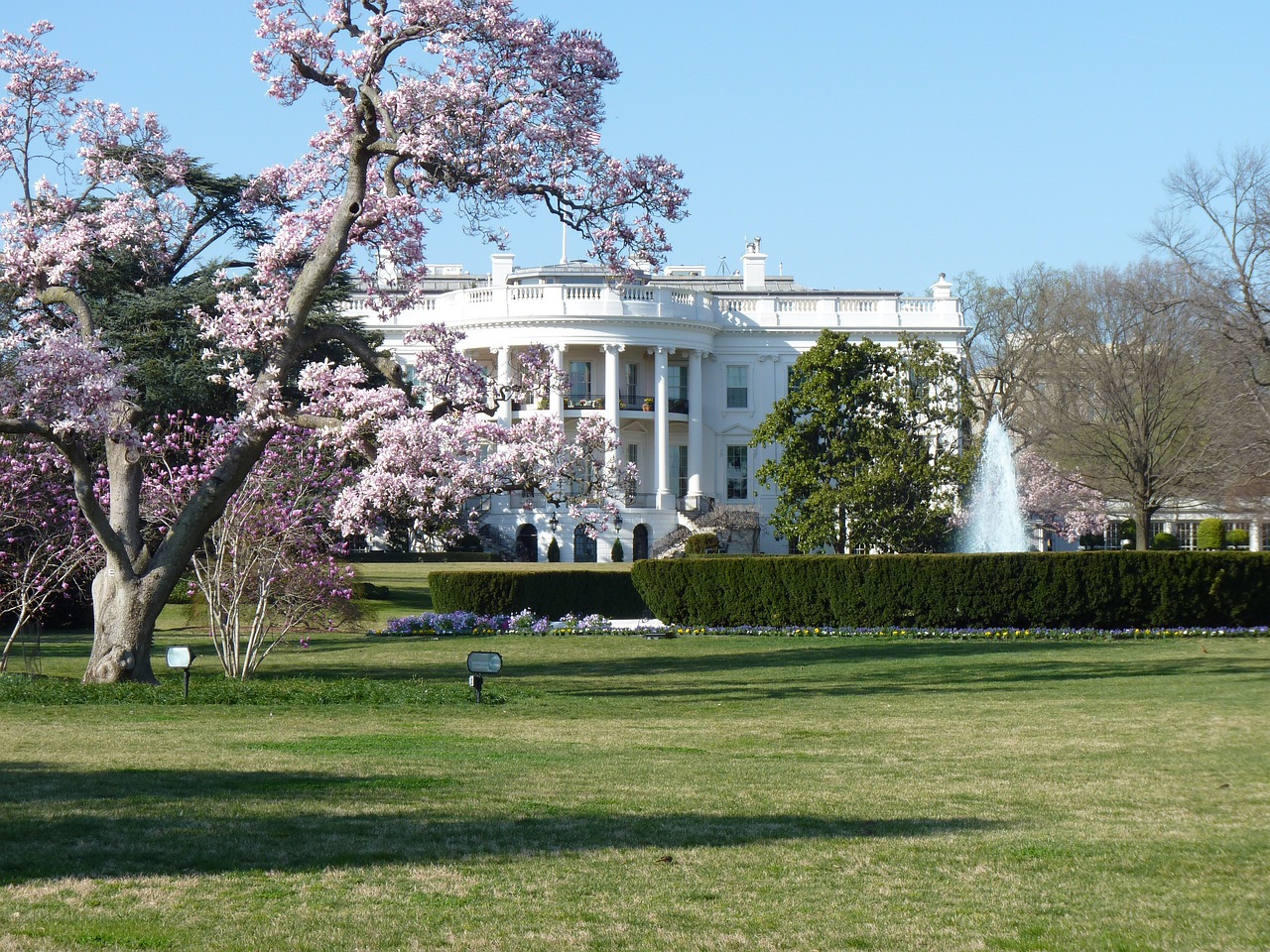History’s Biggest Translation Mistakes: Part 1
Before we treat you to part one of history’s biggest translation mistakes, we should mention that some of these mistakes were actually due to errors made by interpreters rather than translators. What’s the difference? Interpreters translate in-person and “live”, meaning whilst the speaker is talking, giving them less time to formulate the perfect wording and pick up on any allusions. With that in mind, let’s take a look at some of history’s biggest translation mistakes (don’t worry, there are lots more where these come from!).
Hiroshima
The Allies met in Potsdam to present Japan with the terms of surrender in July 1945, which they had translated into Japanese and waited for the Prime Minister, Kantaro Suzuki, to respond to the demand for Japan’s immediate surrender. The terms were clear: any negative response from Japan would result in “swift and absolute destruction”. Journalists in Tokyo wanted the PM to comment on Japan’s decision but since no formal decision had been made, Suzuki said that he was “refraining from comment at this time” using the term “mokusatsu”. Now, “mokusatsu” stems from the Japanese word for “silence” and can be interpreted several different ways with very different meanings. Instead of translating it perfectly well as “I have no comment yet” or “let me keep my comments to myself”, media agencies and translators went with the idea that Suzuki meant to ignore it or “treat with silent contempt”. International news agencies told the world that the Japanese government saw the ultimatum as “not even worthy of comment” and the Allies took it as a categorical rejection by the Japanese prime minister. We all know what happened next…
Justin Trudeau vs Machine Translation
… On a lighter note, ABC News had some fun subtitling Justin Trudeau’s speech at the White House back in 2016. The Canadian Prime Minister spent just over a minute seemingly rambling about “Nazi innings”, “railroad stations in Motorola”, “recourse to ice packs” and a “portfolio of us old guys.” Anyone unfortunate (or fortunate depending on your sense of humour) enough to tune in to the close-captioning will have noticed that the subtitles provided by automatic speech recognition software was unable to grasp the context of the speech or Trudeau’s accent… so it went haywire. If you watch the video, you can listen to an interpreter translating live what Trudeau is actually saying and compare it to the machine translations. Enjoy!
Jimmy Carter vs Interpreters
The American President Jimmy Carter had a lot of trouble finding a good interpreter during his term in office. His troubles began in 1977 when he travelled to Poland for a news conference where his wish to learn the country’s desires for the future was interpreted altogether more erotically. The nail in the coffin for that interpreter was when he translated Carter’s words, “I left the United States this morning” as “I left the United States, never to return”. A new interpreter was swiftly found in time for Carter’s toast at a state banquet later in the trip. Unfortunately, this time the interpreter couldn’t understand what the President was saying and decided the best answer was silence! Unusual when communication is your job. But Carter’s woes didn’t end in Poland… they followed him to Japan where he was blown away by the audience’s response to his opening anecdote at a small church in 1981. He asked the interpreter how he managed to get the audience to laugh so hard and learnt that his exact words to the public had been: “President Carter told a funny story. Everyone must laugh.”
And on that note, we’ll be back with Part 2 soon.
Until then, avoid any translation mistakes and get your work done with Active Languages to be on the safe side.
Contact Active Languages today: Contact us




